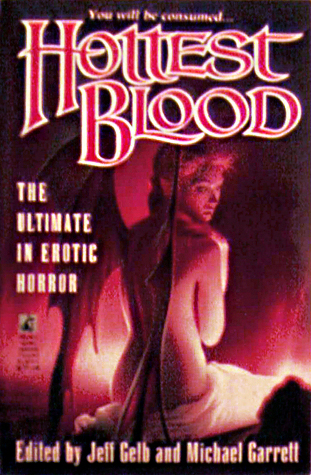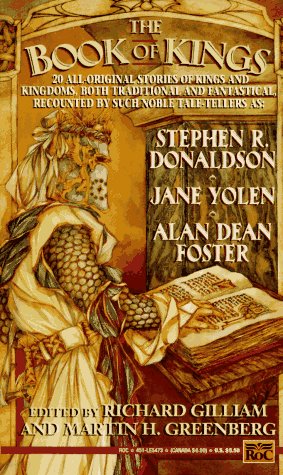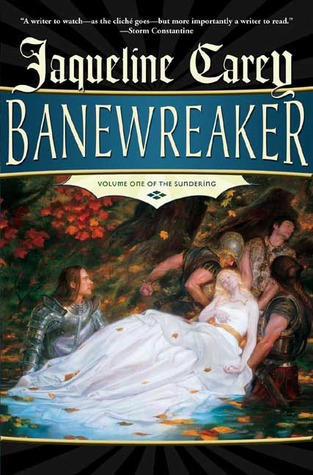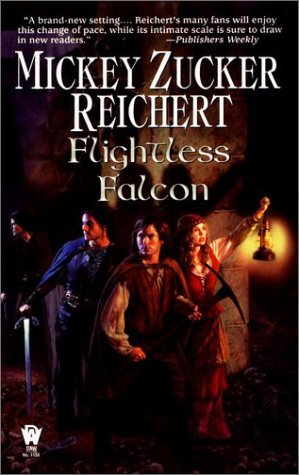(I’m gonna go ahead and throw a disclaimer on up here: You are about to read something that deals with purportedly “erotic” subject matter. If you don’t like the sound of that word, you might wanna go elsewhere. If it’s actually-erotic things that offend you, though, you’ll be fine.)
 I like short story compilations because you get a variety of content that’s just as easy to breeze through if you have the time as it is to get to a stopping point and put down if you don’t. I like horror fiction because it usually involves the super-natural, which interests me, and intense emotional responses, which are almost always a good thing in writing. And I like eroticism because I am a warm-blooded human being with a pulse. However, on the whole, I do not like Hottest Blood.
I like short story compilations because you get a variety of content that’s just as easy to breeze through if you have the time as it is to get to a stopping point and put down if you don’t. I like horror fiction because it usually involves the super-natural, which interests me, and intense emotional responses, which are almost always a good thing in writing. And I like eroticism because I am a warm-blooded human being with a pulse. However, on the whole, I do not like Hottest Blood.
I wanted to, I did. Look at that cover. It’s equal amounts scary and sexy, both in completely safe, PG-13-at-most kind of ways. Unfortunately, Softcore Succubus here is both the scariest and the sexiest thing about this book
Bluntly analogized, you know that feeling you get when you come across something on the internet that disturbs and/or disgusts you, and then you learn that there’s a dedicated group of people that gets off on it? Most of the stories in this book are that feeling captured in words.
Case in point, the story “Damaged Goods” by Elizabeth Massie, which as far as I can tell is about a couple of physically abused, emotionally damaged, developmentally stunted kids somewhere around their early teens who live with a religious fringe cult being led out to a field to have sex with each other while a nameless U.S. President watches and masturbates before both kids are drowned in a river by their preacher/pimp caretaker.
Or there’s “Mr. Right” by Chris Lacher, which tells the story of a college student named Russ who has a secret fetish for the deformed women in the freak show at a nearby carnival – a fascination which leads to him getting held down and forcibly raped by a group of unwashed subhuman mutants, which the detailed descriptions make sure you understand are completely revolting to all five senses. The story ends with him being dumped out behind the fairgrounds while a small, legless girl happily informs him that this is how all carnival workers reproduce, and he can look forward to seeing his own mutant rape-spawn in the show next year.
Or there’s “Abuse” by Matthew Costello, which simply shows us how the arrest of a Peewee Herman surrogate goes down in an adult movie theater before ending with another man jerking off with the cold, dry, severed hand in his pocket as he contemplates getting a new one to replace it.
The tone of these three are pretty much par for the course for the rest of the book: thoroughly disturbing, and sex is involved, but the disturbing feeling stems from revulsion rather than fear, and the sex bits are so far on the other end of the spectrum from erotic that it feels like the authors are trying to punish their readers for even expecting to be aroused in any way.
Of course, I said myself earlier that intense emotional responses are “almost always a good thing in writing.” By that merit alone, this book technically succeeds; in fact, if it had billed itself as shock fiction instead of erotic horror, I’d begrudgingly give it a medal in its class. The “aw, what the hell?!” moments are not as artistically executed as, say, a Chuck Palahniuk read, and they tend not to have as much depth to them, but strictly in terms of making you wish that you could unread words, they get the job done.
But that isn’t the job that Hottest Blood was hired to do, and that’s not what it put on its resume. It said it was going to “heat the blood and chill the mind,” and promised that “terror never felt this sexy!” It would have been more appropriate to say that “sex never felt this terrible.”
All of that said, if you abandon any hope of seeing anything resembling erotica or horror (scary horror, anyway), there are a few stories in here that are decent reads – mostly because they try to say something with their subject matter rather than use it to see how thoroughly they can ruin the idea of sex for the reader. To give a few quick nods of approval:
- Nancy Holder’s “I Hear the Mermaids Singing,” which opens the anthology, is a dark and modern re-imagining of “The Little Mermaid” that brutally points up the drawbacks to throwing away your whole life and family in order to pursue someone that you know nothing about outside of a few fleeting glimpses and lustful inner fantasies.
- J.L. Comeau’s “Black Cars” is the narrative of a high-class chauffeur as he tells his passenger an increasingly mysterious story about a couple of his regular customers, culminating in a creepy twist payoff that, in retrospect, actually makes it count as a legitimate horror story, and a decently gripping one at that.
- And “Safe at Home” by Steve and Melanie Tem, while decidedly and disturbingly unsexy, at least has good reason to be; it’s a short character study of a young woman who’d been molested as a child, and the lasting and complex psychological damage resulting thereof that prevents her from having any normal social life or relationships, even with someone whom she legitimately likes, someone who knows what’s happened and sincerely cares for her.
So for the handful of intriguing stories that don’t make you quit (or wish you had) mid-read out of revolted disappointment, I can’t completely condemn Hottest Blood. If you want to test your own threshold for repulsion but are understandably hesitant to use online image searches to this end, I heartily recommend it.
If you are legitimately turned on by the idea of a man eating a woman alive and then gestating her alien spawn inside his own bloated body until his head detaches and crawls away (“How Deep the Taste of Love,” John Shirley), I suppose I still heartily recommend it, though I do so from a safe distance.
If you want to read one of the few stories involved that aren’t horrible, I heartily recommend trying to find them on their own somewhere else first.
But if you want “the ultimate in erotic horror,” stay the hell away. Softcore Succubus is a trap.
 During the tail end of writing this novel, though, I pulled down The Book of Kings from our shelves, a collection of “20 all-original stories of kings and kingdoms, both traditional and fantastical, recounted by such noble tale-tellers as (a bunch of names that probably look at least somewhat familiar).” Our own story is largely centered around the activities of a royal family and the assassin who’s living in their midst, so I thought it would be a good source of inspiration and motivation while I already had kings and their doings on the brain.
During the tail end of writing this novel, though, I pulled down The Book of Kings from our shelves, a collection of “20 all-original stories of kings and kingdoms, both traditional and fantastical, recounted by such noble tale-tellers as (a bunch of names that probably look at least somewhat familiar).” Our own story is largely centered around the activities of a royal family and the assassin who’s living in their midst, so I thought it would be a good source of inspiration and motivation while I already had kings and their doings on the brain.
 So when I picked up Sir Apropos of Nothing, I did so based on the title pun and the back-of-the-book synopsis that promised “a berserk phoenix, murderous unicorns, mutated harpies, homicidal warrior kings, and – most problematic of all – a princess who may or may not be a psychotic arsonist.” I expected another lighthearted riff on the familiar archetypes. Murderous unicorns? Unicorns are not typically described as such! Oh teehee, how unexpectedly humorous!
So when I picked up Sir Apropos of Nothing, I did so based on the title pun and the back-of-the-book synopsis that promised “a berserk phoenix, murderous unicorns, mutated harpies, homicidal warrior kings, and – most problematic of all – a princess who may or may not be a psychotic arsonist.” I expected another lighthearted riff on the familiar archetypes. Murderous unicorns? Unicorns are not typically described as such! Oh teehee, how unexpectedly humorous! I like short story compilations because you get a variety of content that’s just as easy to breeze through if you have the time as it is to get to a stopping point and put down if you don’t. I like horror fiction because it usually involves the super-natural, which interests me, and intense emotional responses, which are almost always a good thing in writing. And I like eroticism because I am a warm-blooded human being with a pulse. However, on the whole, I do not like Hottest Blood.
I like short story compilations because you get a variety of content that’s just as easy to breeze through if you have the time as it is to get to a stopping point and put down if you don’t. I like horror fiction because it usually involves the super-natural, which interests me, and intense emotional responses, which are almost always a good thing in writing. And I like eroticism because I am a warm-blooded human being with a pulse. However, on the whole, I do not like Hottest Blood. Flightless Falcon is a light
Flightless Falcon is a light 
